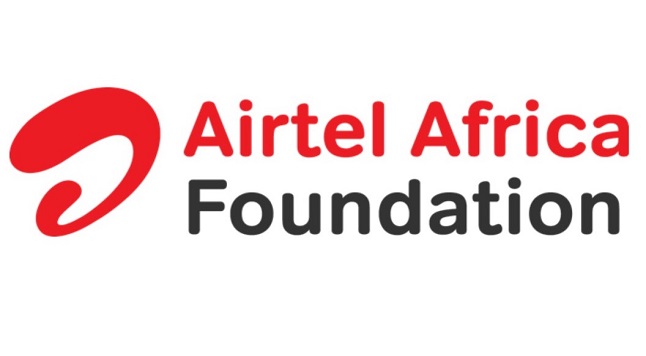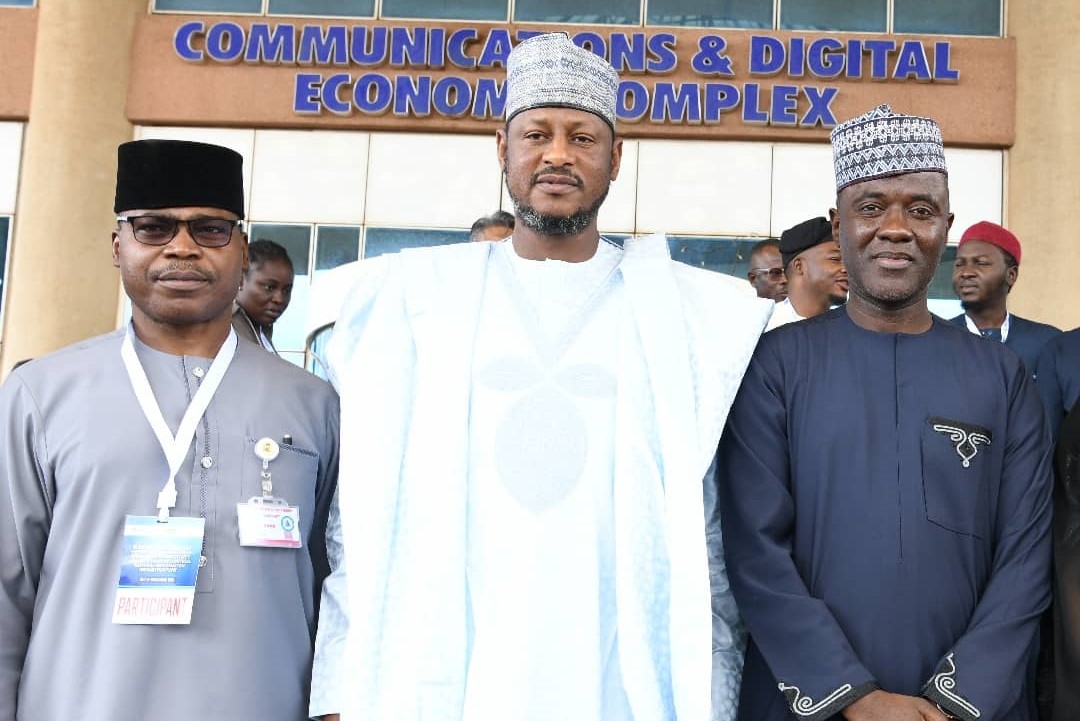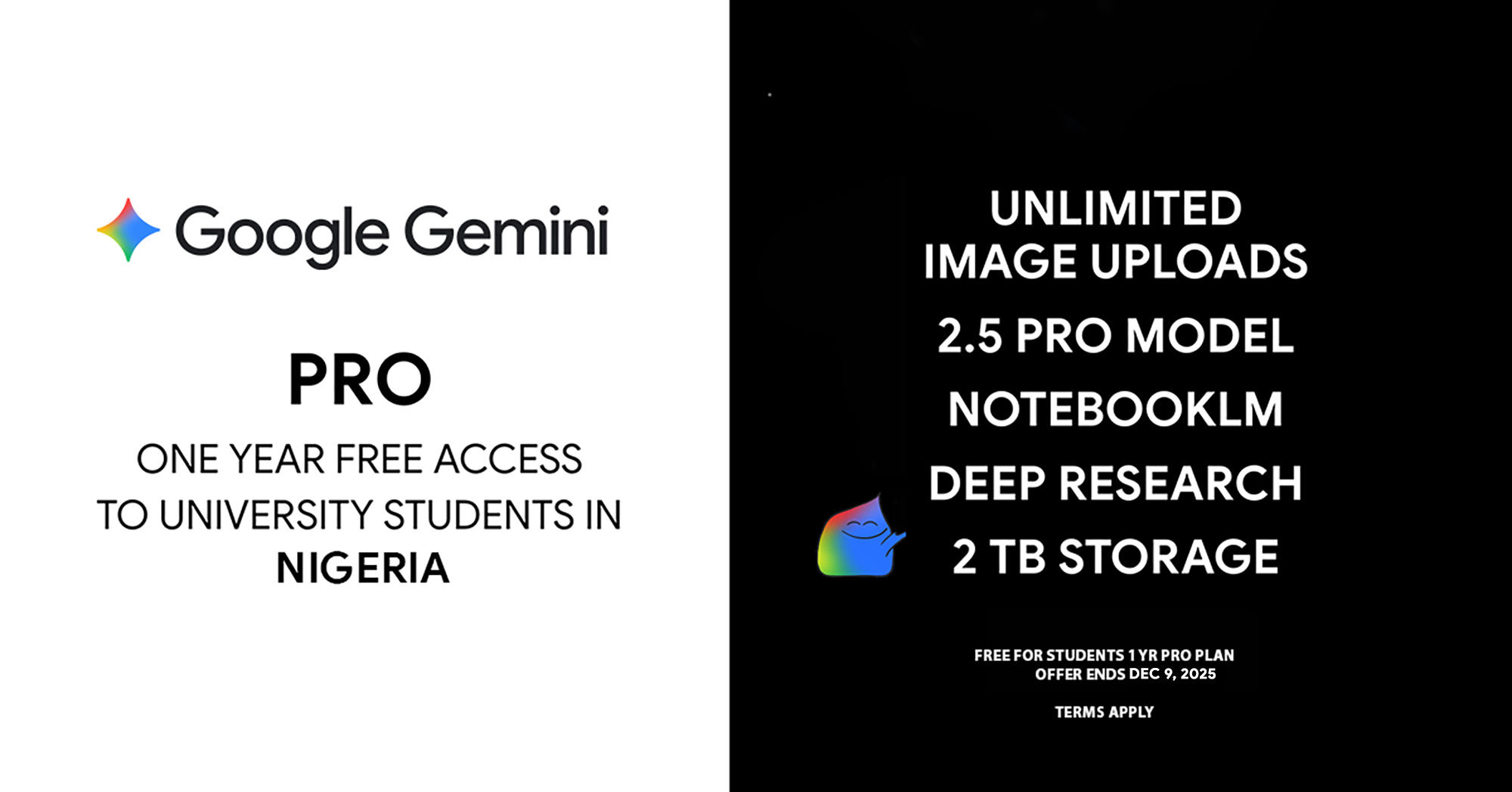Telecom
Zoho Boosts Competitive Opportunity for Global Businesses with Launch of New Cutting Edge Technology

Zoho Corporation, a leading global technology company, on Wednesday introduced five new apps, three new services and seven major platform enhancements in Zoho One, the operating system for business.

The new release empowers businesses to solve disjointed data challenges and close communications gaps across silos, so organizations can become more productive, adapt more quickly to remote and hybrid work models, and become poised for growth.
“The experience that employees, customers, partners, and suppliers get when dealing with businesses is typically a reflection of how that business and its systems are structured internally. Today, the majority of systems are disconnected as a result of siloed solutions offered by vendors,” said Hyther Nizam, President MEA, Zoho Corp.
“Unification of a business requires unification of the underlying systems, which can then provide a truly unified experience, internally and externally, along with unified insights.
“Zoho One was created with this vision and keeps expanding its unbeatable value with new additions and improvements year over year.”
Since its release in 2017, over 40,000 organizations have chosen Zoho One as their operating system.
In 2021, Zoho One witnessed a 60% y-y customer growth with the average number of apps used by businesses rising to 21. It’s the top-selling product for Zoho in Nigeria.
Zoho One aims to resolve operational, digitization, and retention challenges that businesses encounter. The latest additions are designed to support a hybrid work model and experience that would enable businesses to scale even in unpredictable times, while allowing easy customisation and personalisation of workplaces to enhance the user experience.
They are packed with services that bolster collaborative productivity, employee experience, and introduce applications that bridge the distance between employees, employers, and teams, in turn preparing businesses for the future.
Additionally, innovations like embedded and conversational BI, DataPrep, Work Graph and Enetrprise Search allow users to predict and provide unified, real-time insights from across different departments, enabling confident decision-making.
The new services now included in Zoho One are:
• Work Graph: Zoho’s new back-end service, an industry-first for business software, maps interactions between people, resources, systems and processes by studying signals and their strength across the board to build a business-wide work graph that is specific to each individual within the organization. The result of a work graph will be seen in the day-to-day productivity of users across various apps.
• Org Dictionary: Another industry-first, this new organization-wide service offers a central dictionary for the entire organization. It automatically incorporates the organization’s employee name and other sources offering a central, consistent diction across various Zoho applications and users.
• Mobile Application Management (MAM): With remote work now persistent, Zoho One now includes enterprise-grade Mobile App Management capabilities. Admins can easily add and manage all of their users’ devices for better insight and control of provisioning, specific app permissions and policies, locking and wiping devices remotely, and more, to support employee mobility and flexibility.
The new apps included in Zoho One are:
• Zoho Learn: Organizations now have a learning management tool that enables interactive training programmes and assessments with Zoho’s course builder. Online centralization of company information, training programmes, and more, gives businesses a better way to nurture employee growth.
• Zoho Lens: To facilitate better communication and collaboration in a remote-work environment, Zoho Lens provides remote assistance and guidance to employees through augmented reality (AR) via real-time AR annotation, VoIP, text chat, and more.
• TeamInbox: Teams use this shared email inbox to eliminate task duplication and streamline email conversations in one central location.
• Zoho DataPrep: This is a self-service data preparation and management tool. Whether users are preparing data from third-party apps or other sources, DataPrep, powered by machine learning, can help business users integrate, model, cleanse, transform, enrich, and catalogue data, as well as integrate with Zoho Analytics or a third-party for new-found insights.
• Zoho Commerce: The addition of Zoho Commerce enables retailers to easily build online shops with the tools needed to construct a website, accept orders, track inventory, process payments, manage shipping, market their brand, and analyze data. Zoho Commerce also integrates with third-party payment gateways.
The platform enhancements include:
• Embedded and Conversational BI: Zoho One now features embedded and conversational analytics enabling decision makers to drill down into their data and glean cross-departmental insights, all through natural language commands using Zia Insights. By providing 1,500+ pre-built analytics reports and dashboards, critical business decisions can be made with greater precision and speed.
• Enterprise Search: Zoho’s actionable, organization-wide search, which is powered by Zia, can now understand natural language requests. Natural language-powered search will lead to more accurate data discovery across teams and functions.
• Unified Console, Dashboards, and Smart-Stack UI: Employees are now able to see their apps, services, and dashboards in one view with centralization across calendars, dashboards, navigation, and more.
• Customizable Dashboard with Pre-Built Widgets: Widgets encapsulating data across the organization can be aggregated together in a custom dashboard. This provides users visibility across the organization in a single view with the ability to drill down just one click away.
• Integration with Telephony Providers: Recognizing that businesses value flexibility in choosing apps that serve their specific needs, the Zoho One platform already integrates with 1,000+ third party solutions on Zoho Marketplace and now extends integration with 100+ telephony providers to enable seamless communications between stakeholders.
Zoho One also offers a deep ecosystem that extends and integrates, including a comprehensive platform for developers and business users to create, extend, and integrate. The platform includes newly-released no-code tool, Canvas, low-code tool, Zoho Creator, and pro-code platform, Catalyst.
Pricing:
Pricing starts at NGN 7800 per employee, per month. For comprehensive pricing information, please go to: https://www.zoho.com/one/pricing/
Zoho Privacy Pledge
Zoho respects user privacy and does not have an ad-revenue model in any part of its business, including its free products. More than 70 million users around the world, across hundreds of thousands of companies, rely on Zoho every day to run their businesses, including Zoho itself. For more information, please visit https://www.zoho.com/privacy.html
Telecom
Airtel Africa Foundation Launches 100 Tech Scholarships for Nigerian Undergraduates

Following the recent announcement by its Chairman, Dr. Segun Ogunsanya, at a World Press Conference held in Lagos recently, the Airtel Africa Foundation, through Airtel Nigeria, has kicked off its Undergraduate Tech Scholarship Programme to benefit 100 Nigerian undergraduates.

This initiative will provide each recipient with a grant covering tuition, accommodation, study materials, and a stipend from the first year of study through the final year. This financial aid removes economic barriers, empowering students to dedicate their focus to academic and technical achievement in technology.
Eligible courses of study include Computer Science, Information Technology, Data Science, Software Engineering, Cybersecurity, Artificial Intelligence, and other ICT-related disciplines.
Commenting on the initiative, Dr. Ogunsanya affirmed that the scholarships represent the Foundation’s continued commitment to breaking down barriers for young Africans.
“At Airtel Africa Foundation, our vision has always been to create opportunities where talent meets ambition. With this scholarship, we are investing in Nigeria’s future tech leaders, giving them the resources and confidence to thrive in an increasingly digital world,” he stated.
Beneficiaries are selected from 100-level students enrolled in approved programmes in participating public universities across the country. These institutions include the University of Lagos (UNILAG), the University of Nigeria, Nsukka (UNN), Ahmadu Bello University (ABU), the University of Benin (UNIBEN), Obafemi Awolowo University (OAU), the University of Ilorin (UNILORIN), and Tai Solarin University of Education (TASUED).
Airtel Nigeria CEO, Dinesh Balsingh, noted: “The prioritization of education as a pillar of our social investments becomes much stronger with these 100 new scholarships. They build on such other initiatives as our partnership with UNICEF on the Reimagine Education Programme, our Adopt-A-School project, and our 1 billion naira investment in the Three Million Technical Talent (3MTT) effort of the Federal Government. Ultimately, for us as an organisation, the best way to equip the future is to arm it with cutting-edge education.”
The undergraduate scholarship is a direct component of the Foundation’s four strategic pillars of Financial Inclusion, Education, Environmental Protection, and Digital Inclusion (FEED).
Telecom
NCC’s Maida Calls for Unified Action to Accelerate Broadband and Safeguard Telecom Infrastructure

Dr. Aminu Maida, Executive Vice Chairman of the Nigerian Communications Commission (NCC), has called for urgent collaboration among Nigeria’s states and stakeholders to accelerate broadband connectivity and safeguard critical national infrastructure.

L-R: Director, Critical National Assets and Infrastructure Protection, Office of the National Security Advisers (ONSA), Enebong Effiom; Executive Governor, Katsina State, Dikko Radda and Executive Vice Chairman/Chief Executive Officer, Nigerian Communications Commission (NCC), Dr. Aminu Maida, during a business roundtable on broadband investment and critical national infrastructure protection hosted by the Commission in Abuja on Wednesday (October 8, 2025).
Speaking at a business roundtable held at the NCC Digital Economy Complex on Wednesday, October 8, 2025, the EVC emphasized broadband as a national imperative for economic growth, security, and digital inclusion under the theme, “Right of Way and Protection of Broadband Infrastructure – The Road to Success in Broadband Investment and Connectivity.”
Dr. Maida began his remarks by underscoring the invaluable role of connectivity across industries, citing examples from Enugu’s industrial sector to security services relying on real-time data. “When connectivity fails, opportunities evaporate, productivity stalls—and in critical situations, lives can be put at risk,” he said.
He stressed that broadband today transcends faster downloads or video calls; it is the bedrock of economic inclusion and national resilience.
According to the EVC, Nigeria’s broadband penetration stood at approximately 48.81 percent as of August 2025, with over 140 million Nigerians online. Highlighting the sector’s contribution to GDP, he cited research indicating a 10 percent broadband increase could boost GDP by 1.38 percent in developing countries.
Expanding broadband access, Dr. Maida said, would multiply economic opportunities, enabling new jobs, services, and innovation hubs across Nigeria’s states.
He referenced Rwanda and India’s success stories, where coordinated investments in fiber infrastructure and digital governance transformed their economies into emerging digital powerhouses.
The EVC lauded the leadership of President Bola Ahmed Tinubu and Communications Minister Dr. Bosun Tijani for pursuing the National Broadband Plan (2020–2025) with ambitious targets of 70 percent broadband penetration and deployment of 90,000 kilometres of fiber backbone by year-end.
To this end, the NCC has translated these goals into strategic actions despite operational challenges.
Among the NCC’s key initiatives, Dr. Maida highlighted the Critical National Information Infrastructure (CNII) Presidential Order signed in June 2024, which empowers law enforcement agencies to combat vandalism, theft, and denial of service attacks on telecom infrastructure.
The Commission, working closely with the Office of the National Security Adviser (ONSA), has operationalized this order through a Telecommunications Industry Working Group focused on site security, maintenance, and access control.
Complemented by public awareness campaigns and collaboration with judicial and security institutions, this effort has led to the dismantling of major vandalism cartels over the past two years.
Addressing the historic challenge of high Right of Way (RoW) fees—levied variably by states and often hindering fiber rollout—the EVC disclosed successes in advocacy resulting in five additional states (Adamawa, Bauchi, Enugu, Benue, and Zamfara) waiving these fees, bringing the total to eleven states without RoW charges.
Seventeen other states have capped fees at the Nigerian Governors Forum benchmark of N145 per linear meter. Dr. Maida underscored ongoing efforts to achieve uniform, predictable RoW regimes nationwide, coupled with “dig-once” coordination with public works to share ducts and plans, cutting fiber damage and civil works costs.
The NCC further strengthened investor confidence by approving cost-reflective and competitive tariff rates earlier this year, prompting operators’ collective commitment of over $1 billion in broadband rollout investments across Nigeria.
To enhance market openness, the Commission has commissioned a wholesale fiber study to facilitate backbone sharing between owners and Internet Service Providers, unlocking last-mile expansion and faster backhaul.
On transparency, the Commission expanded performance disclosures, including outage reporting, quality of service dashboards, and compliance metrics to drive accountability.
Despite these achievements, the EVC highlighted continuing challenges: from January to August 2025, Nigeria recorded 19,384 fiber cut incidents, 3,241 equipment thefts, and over 19,000 cases of denied access to telecom sites, causing prolonged outages and increased security costs.
Further obstacles include fragmented and unpredictable RoW regimes, weak coordination with road authorities, energy supply volatility, multiple taxation, and bureaucratic permitting processes.
Dr. Maida warned of the urgency, citing the accelerating global digital race driven by artificial intelligence and outsourcing movements favoring low-cost, high-connectivity environments. “If our broadband backbone is weak, our youth will be marginalized, and our economy will likely not achieve its full potential,” he said, underscoring that communities without digital connectivity today are essentially invisible.
The EVC urged governors and state authorities to partner in enforcing telecom infrastructure as critical assets; adopt 100 percent RoW waivers or at minimum NGF benchmarks with clear timelines; institutionalize coordination between public works and operators; embrace transparency in fees and processes; establish state digital infrastructure funds to attract private fiber investment; and support energy resilience through hybrid and solar power at telecom sites.
Looking ahead, Dr. Maida announced two major NCC initiatives to be launched the next day: an Ease of Doing Business Portal offering a one-stop-shop for all 36 states and the Federal Capital Territory, and the Nigeria Digital Connectivity Index (NDCI), a framework to annually measure and publish states’ digital readiness and competitiveness to enhance accountability and drive improvements.
He concluded with a powerful call to action: “The digital revolution does not wait. Let us align, invest, and protect, for the prosperity of our people and the future of our nation.” He left the audience with one final question, “Will we align—or be left behind?”
This roundtable marks a pivotal moment in Nigeria’s journey toward a digitally inclusive and economically robust future, positioning broadband connectivity and its protection as strategic national imperatives.
Telecom
Google Empowers African Students with Free AI Tools for a Year

Google today announced a major initiative to support higher education across Africa by offering its premium AI subscription, Google AI Pro for free to university students for 12 months.

The offer is available to eligible students aged 18+ in Nigeria, Kenya, Ghana, Rwanda, South Africa, and Zimbabwe, providing them with access to Google’s most advanced AI tools to enhance their learning, research, and creative work.
Through Google’s most capable model, Gemini 2.5 Pro, this initiative will equip the next generation of African leaders, innovators, and creators with fundamental AI literacy. By placing powerful generative AI tools directly in the hands of students, Google is helping to prepare them for a workforce where AI proficiency is increasingly essential.
“We are seeing a new wave of innovation in Africa, driven by the energy and ingenuity of our young people,” said Alex Okosi, Managing Director for Google in Sub-Saharan Africa. “By providing students with access to our most advanced AI tools, we want to empower them to not only excel in their studies but also to become critical builders and shapers of the future. This offer is about democratizing access to technology and giving African students the skills to compete and lead on a global stage.”
The Google AI Pro plan provides a comprehensive suite of tools designed for the demands of academic and creative life:
Supercharged Learning and Research: With new features like Guided Learning to help students with in-depth research, summarizing academic papers, debugging code, and step-by-step guidance on complex problems.
Time-Saving Efficiency: Use Deep Research to generate comprehensive, cited reports from hundreds of web sources in minutes, transforming how students approach long-form assignments and dissertations.
Enhanced Organization and Creativity: Leverage NotebookLM to organize notes and connect ideas and use Veo 3 to instantly transform text prompts or images into short, high-quality videos for presentations and projects.
Massive Storage: Receive 2 TB of cloud storage across Google Drive, Gmail, and Photos, ensuring ample space for coursework, research data, and creative portfolios.
How to Sign Up
University students in eligible higher education institutions and countries can verify their status and activate the 12-month free plan by visiting gemini.google/students. The process is designed to be simple, requiring students to verify their status through various methods and to add or confirm a form of payment (without incurring any charges). The offer will be available for redemption for 60 days, from October 7, 2025, to December 9, 2025.
This student offer builds on Google’s long-standing commitment to Africa’s digital transformation through programs like the Google for Startups Accelerator Africa and the Digital Skills for Africa initiative, which have helped millions of people and businesses grow.

 Telecom2 days ago
Telecom2 days agoAkwa Ibom, T2 Set to Drive Digital Transformation

 E-Business2 days ago
E-Business2 days agoKaspersky, Partners Launch a Career Orientation Test to Inspire more Girls into Cybersecurity

 E-Financial2 days ago
E-Financial2 days agoAfDB to Lend Nigeria $500m in Fresh Budget Support

 Telecom1 day ago
Telecom1 day agoChronicles Software unveils free SuccessBOX.ng platform for SS3 students, announces ₦10m reward scheme

 E-Financial2 days ago
E-Financial2 days agoCBN Releases New Guidelines, Caps POS Agent Daily Transactions at N1.2m

 Telecom2 days ago
Telecom2 days agontel Gets Fresh Capital Injection for 2026 Relaunch

 E-Financial2 days ago
E-Financial2 days agoFidelity Bank Hosts Black-Tie Gala Honouring Afreximbank President Prof. Benedict Oramah

 E-Financial2 days ago
E-Financial2 days agoReps Plan to Regulate Cryptocurrency, PoS Operations























